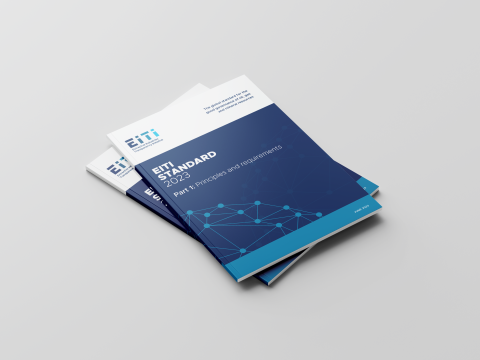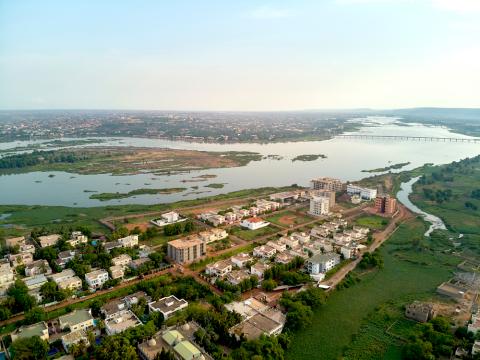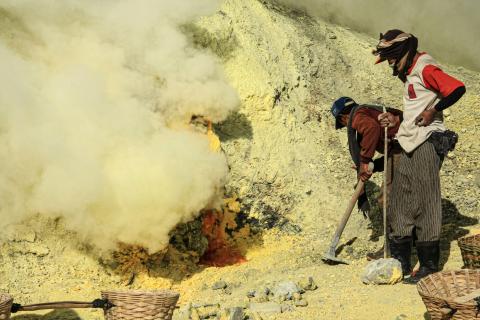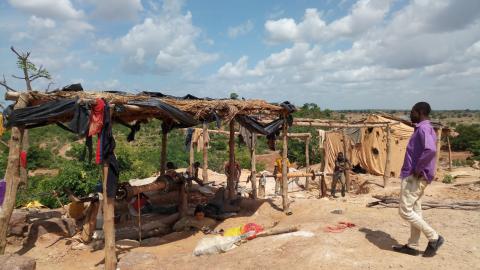
Artisanal and small-scale mining
Uncovering data to help formalise artisanal and small-scale mining
In many resource-rich developing countries, artisanal and small-scale mining (ASM) provides a livelihood for millions of people, representing a major source of economic development. While it is estimated that more than 40 million people work in the sector globally, it remains largely unregulated, resulting in limited information on production, revenues, employment and operations.
Including ASM in the scope of EITI reporting allows countries to improve access to data on artisanal mining, underpinning public debate and policies to improve legal and regulatory frameworks, curb smuggling and corruption and build capacity to formalise the sector. Such measures are particularly applicable in regions hosting minerals critical to the energy transition, where stronger governance frameworks can support the responsible supply of minerals in a period of increased demand.
The EITI Standard requires implementing countries to provide an estimate of informal sector activity. Several countries also disclose information on the legal and regulatory frameworks, licenses, registers, production, exports and revenues linked to the ASM sector. Disclosures related to ASM are covered by EITI Requirements 1.5, 2.1, 3.2, 3.3 and 6.3.
Promoting responsible business conduct
An OECD study explores how the OECD Guidance and the EITI Standard can be leveraged to improve ASM transparency in West Africa.
News, blogs and events


Who bears the brunt of the energy transition?

Mali achieves fairly low score in EITI implementation

OECD/EITI partner session on artisanal and small-scale mining

Better together: Supporting due diligence and transparency in the ASM sector in the Sahel

London Metal Exchange, EITI and OECD to improve transparency in mineral supply chains

Getting down to the small-scale mining level in Ethiopia
ASM transparency in action
Philippines
Philippines EITI conducted a scoping study in 2015 on ASM, which provided a profile of small-scale mining operations in the country. The study revealed a discrepancy in the number of ASM activities reported by regional mining bureaus and those reported by local government units, which control ASM operations in their jurisdictions. The study also compiled information on the laws, regulatory framework, fiscal regime and available revenues and production data pertaining to ASM, and highlighted the existence of ASM activities in areas where such activities are not allowed. It provided further recommendations to the Philippine Multi-Stakeholder Group (MSG) on how to approach the reporting of payments from the ASM sector.

Ghana
According to a 2015 study commissioned by Ghana EITI, over 1300 registered small-scale mining groups are engaged in the mining of gold, diamonds and industrial minerals across the country. The study provides an overview of ASM in Ghana, with information on the legal framework, payments streams and economic contribution of the sector. It also identifies barriers and provides recommendations for including ASM in the scope of EITI reporting. As of 2022, the MSG has renewed efforts to support formalisation of the ASM sector. It plans to further map out the scope of sector and identify key reporting parameters to improve the comprehensiveness of future disclosures.
